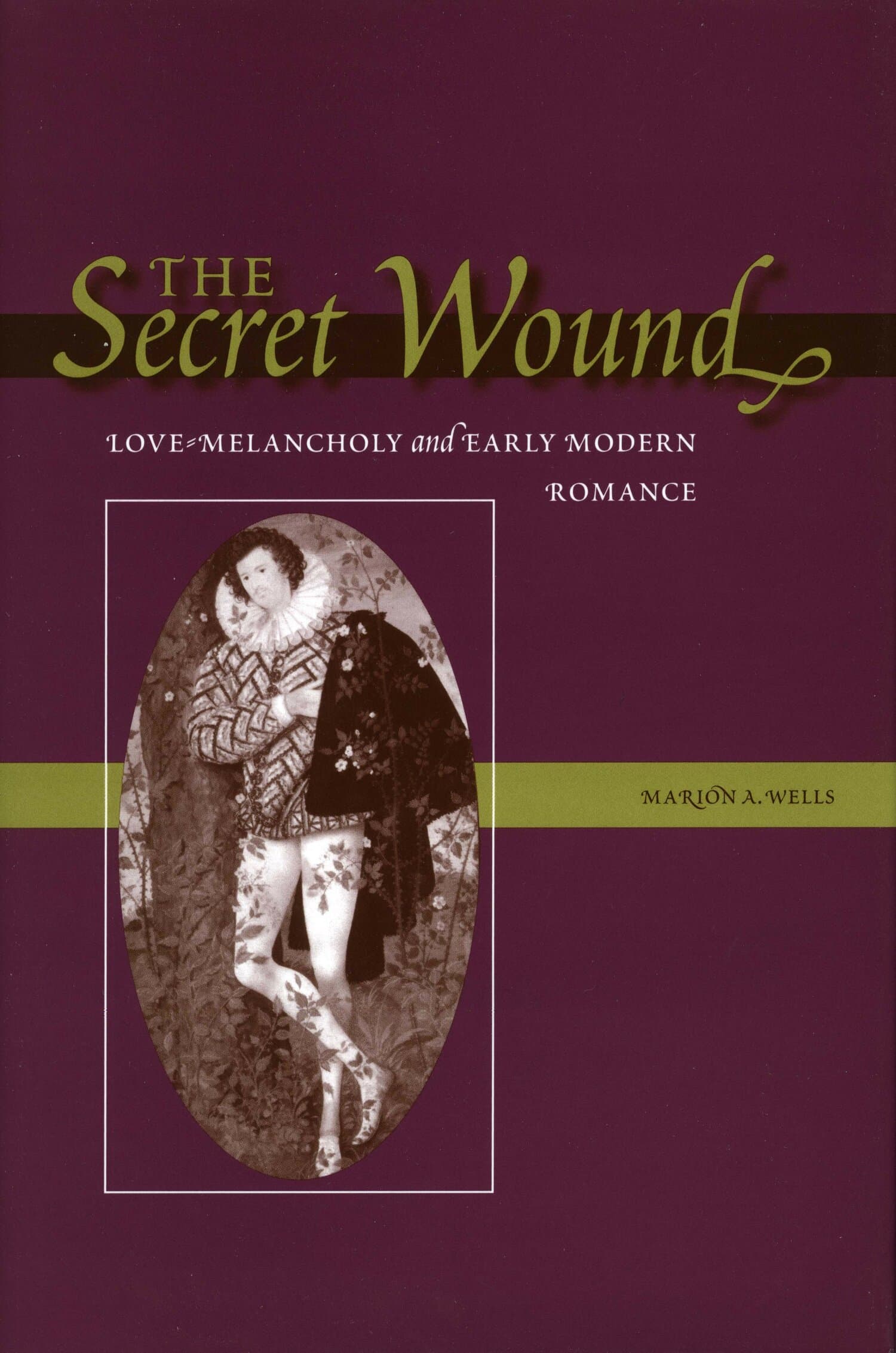The Secret Wound
Also Available from

This book offers a new reading of early modern romance in the light of historically contemporary accounts of mind, and specifically the medical tradition of love-melancholy. The book argues that the medical profile of the melancholic lover provides an essential context for understanding the characteristic patterns of romance: narrative deferral, epistemological uncertainty, and the endless quest for a quasi-phantasmic beloved. Unlike many recent studies of romance, this book establishes a detailed historical basis for investigating the psychological structure of romance. Wells begins by tracing the development of the medical disorder first known in the Latin west as amor hereos (lovesickness) from its earliest roots in Greek and Arabic medicine to its translation into the Latin medical tradition. Drawing on this detailed historical material, the book considers three important early modern romances: Ariosto's Orlando Furioso, Tasso's Gerusalemme Liberata, and Spenser's The Faerie Queene, concluding with a brief consideration of the significance of this literary and medical legacy for Romanticism. Most broadly, the interdisciplinary nature of this study allows the author to investigate the central critical problem of early modern subjectivity in substantially new ways.
"Wells offers a comprehensive account of the medical and psychological tradition of 'love-melancholy' as it evolved from the Greeks through the Renaissance, demonstrating beyond doubt the importance of this cultural trope... This study is an important and much-needed complement to recent work on romance."—CHOICE
"An intriguing, well-reasoned, in-depth exploration of a critical literary component."—The Midwest Book Review
"The Secret Wound is well-written and beautifully researched; its impact will be wide, deep, and across several disciplinary borders. Its trenchant account of the widespread literary phenomenon of love-melancholy will be read with interest by all scholars of the period."—Michael Schoenfeldt, University of Michigan
"This is a strong book, which will make a central contribution to the study of early modern literature and to the history of ideas. Wells presents a bold argument, and is a master of classical tradition, allowing her to make novel and impressive claims."—Mary Wack, Washington State University
"This book is a significant and valuable addition to the study of early modern romance and should soon be adopted by fellow researchers as well as in courses dedicated to the genre."—Consciousness, Literature, and the Arts
"In this unusual and fruitful study, Wells offers a new reading of early modern romance in the light of historically contemporary accounts of the medical perception of love-melancholy."—Book News, INC.
"This well-argued book explores the malady of love, that is, the moment when love becomes psychologically unmanageable and turns into delusional disease...This is an ambitious and sharply reasoned book and Marion Wells gives fascinating insights into the courtly and Petrarchan tradition of lovesickness."—Renaissance Quarterly




